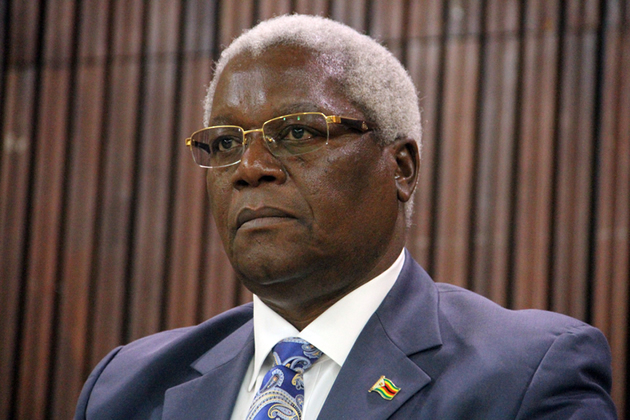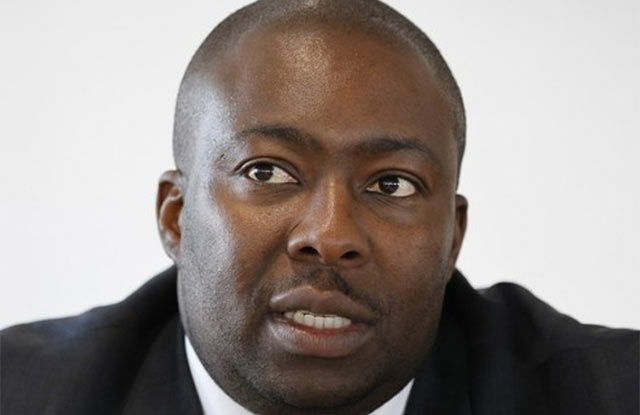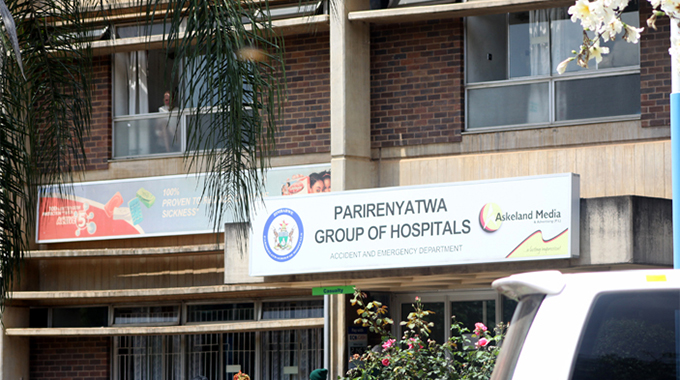Zanu-PF sends delegation to Angola’s MPLA congress


Dr Chombo
Herald Reporter
Zanu-PF has dispatched a delegation to Angola to attend the People’s Movement for the Liberation of Angola (MPLA) Congress which began last night.
The delegation is led by the party’s secretary for Administration, Cde Ignatius Chombo and also includes Cde Eunice Sandi Moyo, who is the Women’s League deputy secretary.
Cde Chombo yesterday confirmed the development.
“We are heading to Angola for that operation and I have been assigned to give a solidarity message on Thursday morning,” he said.
He said liberation movements in the sadc region attending the Congress would also use the event to follow up on progress their respective countries had made to counter neo-colonialists working to divide Africa.
“This will also be a follow up to the meeting we held in Victoria Falls in May were we want to look at strategies being used by our former colonisers to destabilise our countries,” Cde Chombo said.
“Neo-colonialists are trying by all means to find ways of recolonise independent African countries by effecting regime change with a view of putting puppets who will dance to the tune of Western countries so that they will continue exploiting our natural resources.”
Africa, Cde Combo said, had become a ‘playground’ for the imperialists hence the need for member countries to remain on high alert.
“They put people who are loyal to them and do not care about the aspirations of African people,” he said.
“It is for this reason that we will remain steadfast and guard our independence. Constant meetings with sister liberation movements will see new strategies being devised.”
In May, secretaries general of the former liberation war movements — Zanu-PF, African National Congress (South Africa), Chama Cha Mapinduzi (Tanzania), South West Africa People’s Organisation (Swapo) of Namibia, Frelimo of Mozambique and The People’s Movement for the Liberation of Angola met in Victoria Falls for a retreat to find strategies to counter attacks by neo-colonialists.
They recommended the need for close cooperation and proactivity to fight regime change agendas, which were constantly showing their ugly head in many African countries.
The meeting critically and historically analysed the common political, social, economic and security challenges faced by liberation war movements with a view to find solutions to neutralise and eliminate Western-sponsored machinations in the region. The movements also recommended speedy implementation of the joint Political Party School to prioritise training of party cadres in member countries.









Comments